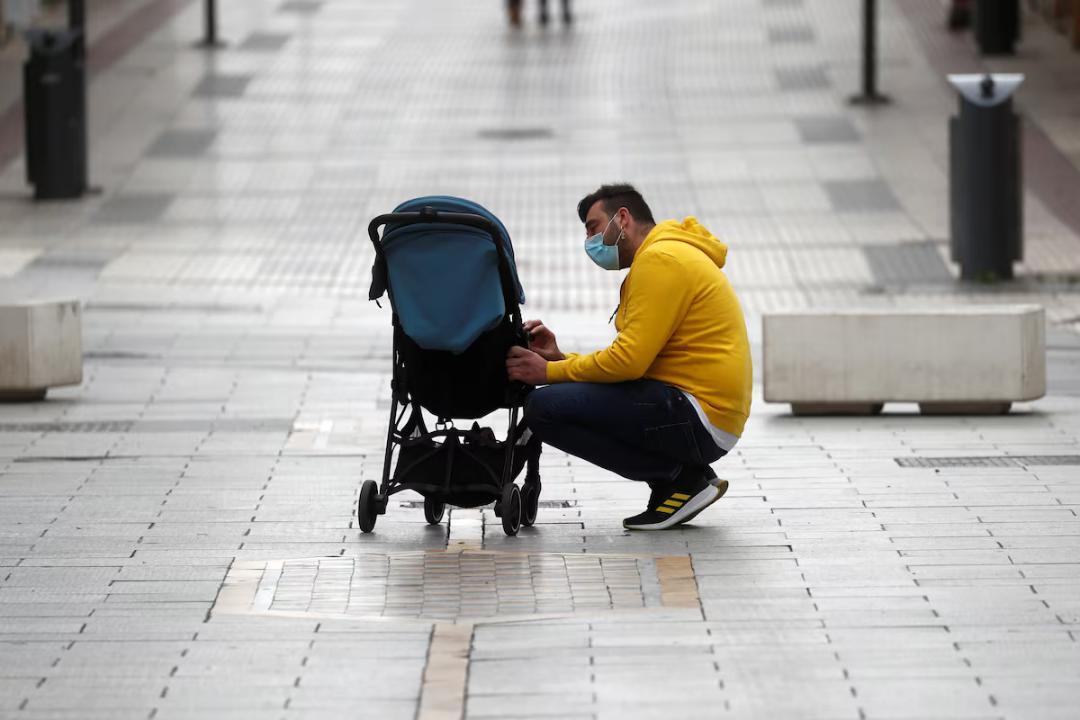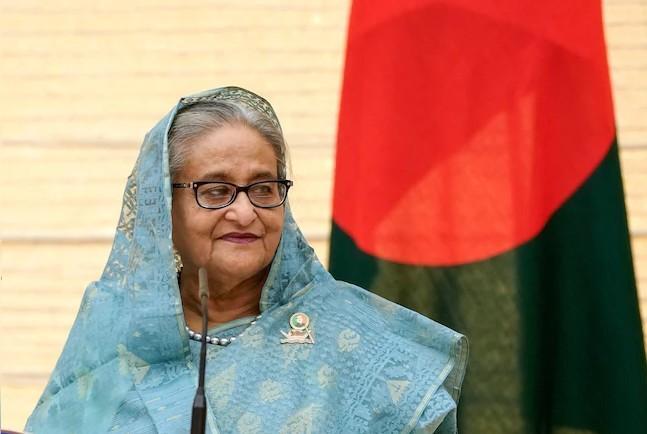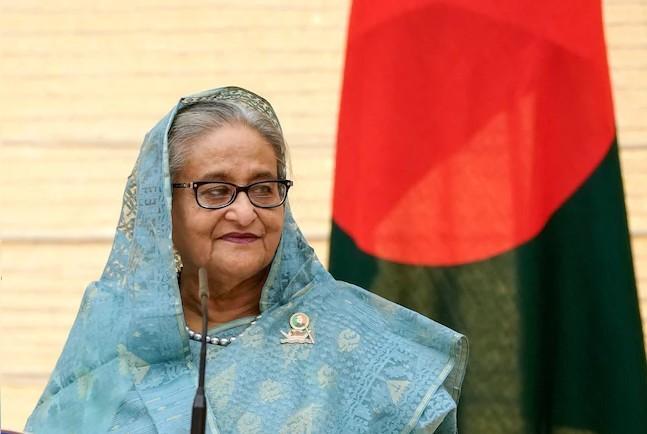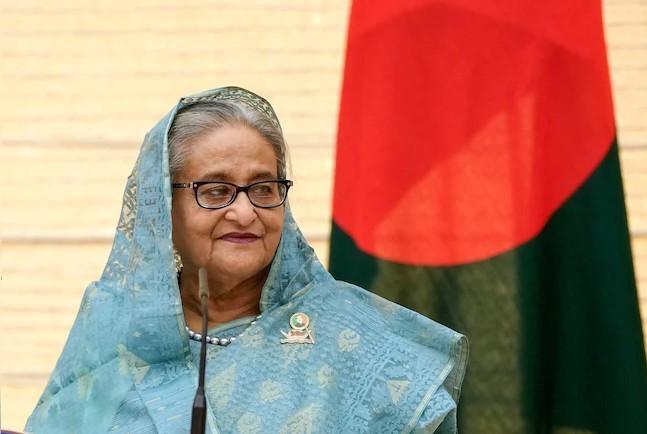
Spain to Offer 17 Weeks Parental Leave to Both Mothers & Fathers
In a significant move towards promoting gender equality and supporting new parents, Spain has announced plans to extend its parental leave policy to 17 weeks, with both mothers and fathers entitled to equal, fully-paid leave after the birth of a child. This groundbreaking decision makes Spain one of the most generous countries in Europe when it comes to parental leave, with only Finland offering similar provisions to both parents.
According to the latest news, the Spanish government has approved the measure, which aims to promote shared parental responsibility and gender equality. The new policy will see fathers receiving an additional week of paid leave, bringing the total amount of parental leave to 17 weeks. This significant expansion of paid leave will not only benefit new parents but also have a positive impact on the country’s economy and society as a whole.
The decision to extend parental leave has been hailed as a major victory for feminism in Spain, with the government citing the need to promote greater equality between men and women. “Spain is moving towards feminism…and there’d be no turning back,” said a senior minister, emphasizing the country’s commitment to creating a more equitable society.
The current parental leave policy in Spain allows mothers to take 16 weeks of fully-paid leave, while fathers are entitled to 2 weeks. Under the new policy, both mothers and fathers will be able to take 17 weeks of fully-paid leave, with the option to split the leave between them. This will enable parents to share the responsibilities of caring for their newborn child, promoting a more equal distribution of childcare duties and allowing both parents to bond with their child.
The expansion of parental leave is expected to have a significant impact on Spain’s economy, particularly in terms of women’s participation in the workforce. According to the World Economic Forum, Spain has one of the lowest rates of female labor force participation in the EU, with only 46% of women in employment. The extended parental leave policy is expected to encourage more women to return to work, boosting the economy and promoting greater gender equality.
The new policy is also expected to have a positive impact on the country’s childcare sector, with an increased demand for childcare services and nurseries. This will create new job opportunities and stimulate economic growth, particularly in rural areas where childcare services are often scarce.
The decision to extend parental leave has been welcomed by parents’ associations and advocacy groups, who have long campaigned for greater equality and support for new parents. “This is a major victory for families and a significant step towards promoting gender equality in Spain,” said a spokesperson for a leading parents’ association. “We hope that this policy will set an example for other EU countries and promote a more equal and supportive society for all.”
In a statement, the Spanish government emphasized the importance of promoting shared parental responsibility and gender equality. “This decision is a significant step towards creating a more equal society, where both men and women have the same opportunities and responsibilities,” said a government spokesperson. “We believe that this policy will not only benefit new parents but also have a positive impact on the country’s economy and society as a whole.”
In conclusion, Spain’s decision to extend parental leave to 17 weeks, with equal rights for both mothers and fathers, is a significant step towards promoting gender equality and supporting new parents. This groundbreaking policy will not only benefit families but also have a positive impact on the country’s economy and society, promoting a more equal and supportive society for all.




